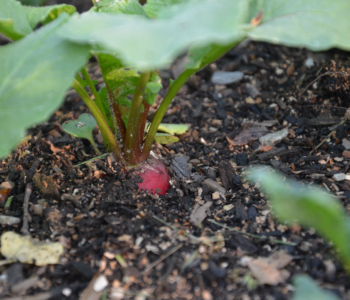 Creative
Creative
An Ode to the Scuffle Hoe
What weapon, this?
In tool section A
I’d not known to miss
Your smoothly slicing foray
Through the barely-there weeds
Conspiring today for the weeks coming hence
 Creative
Creative
What weapon, this?
In tool section A
I’d not known to miss
Your smoothly slicing foray
Through the barely-there weeds
Conspiring today for the weeks coming hence
 Climate Change
Climate Change
As I discussed in a previous post (Opportunities), we can do far more for our success in navigating Climate Change if we think about it as an opportunity to improve and grow. According to The New Climate Economy’s 2018 Report of the Global Commission on the Economy and Climate, there is a potential additional 26 trillion dollars of economic growth at stake compared to business as usual. That means that investing in green technology, sustainable infrastructure, and renewable resources is not the enemy of our monetary interests as it is often portrayed.
Read more “Economic opportunities of responding to Climate Change” Climate Change
Climate Change
Following reports in 2015 from InsideClimate News and the LA Times, the actions of major fossil fuel companies have come under serious scrutiny. Last week, Exxon was brought to trial over allegedly lying to its shareholders in one of the first climate change lawsuits to make it to trial.
Read more “Fossil Fuels are the new Tobacco”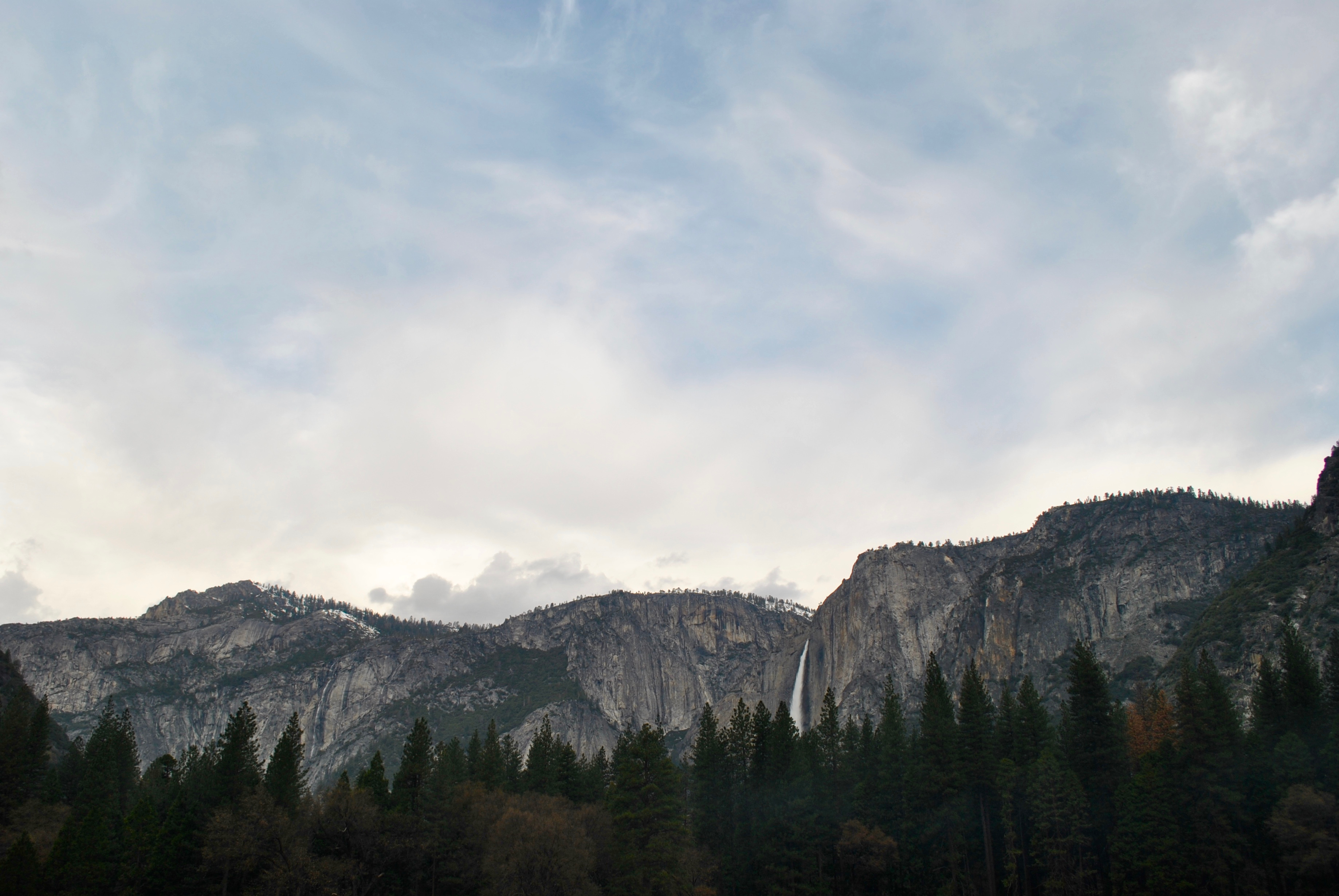 Climate Change
Climate Change
As I’ve noted before, Climate Change is a huge and complicated problem. While this makes many people feel overwhelmed, I think its actually one of the most promising elements about the issue. Let’s try to reframe Climate Change. It does not have to be a movement towards giving up comfort or convenience, it can be an invitation to be better. It can be an opportunity to improve processes, materials, systems, and ourselves. Obviously, if our way of life is producing the waste that is destroying our planet, there is a lot of room for improvement! And the best part about that is improvement can be made in infinite sectors in every corner of the globe.
Read more “Opportunities”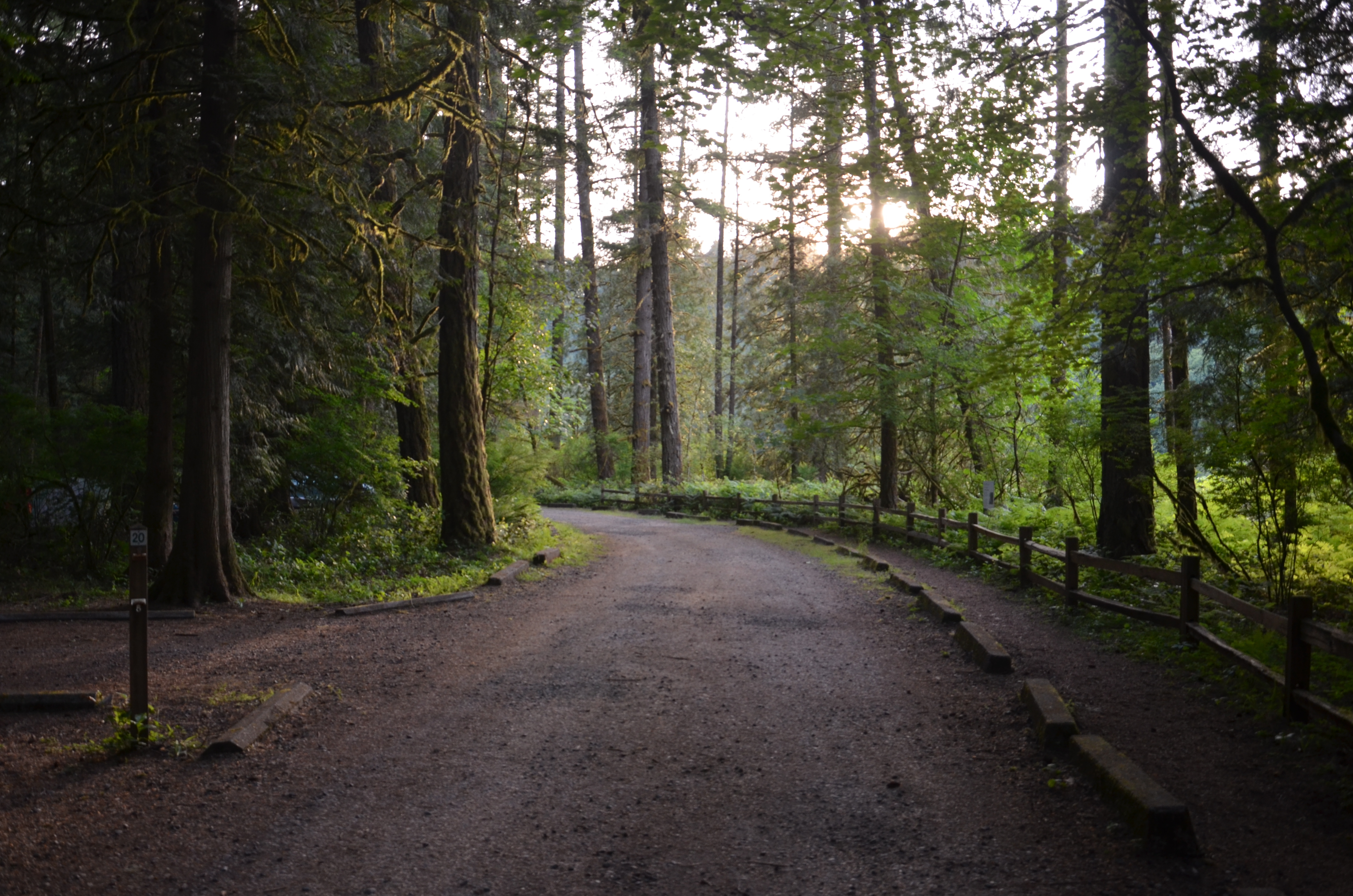 Climate Change
Climate Change
In the effort to cut emissions and (hopefully) reverse Climate Change, we often talk about carbon neutrality. This is the idea that one (an individual, business, or country) is taking actions to remove the same amount of carbon from the atmosphere that they produce. This is the goal of the Paris Agreement – and we have to get there by 2050.
Read more “Beyond Carbon Neutrality – New Technologies Sinking CO2”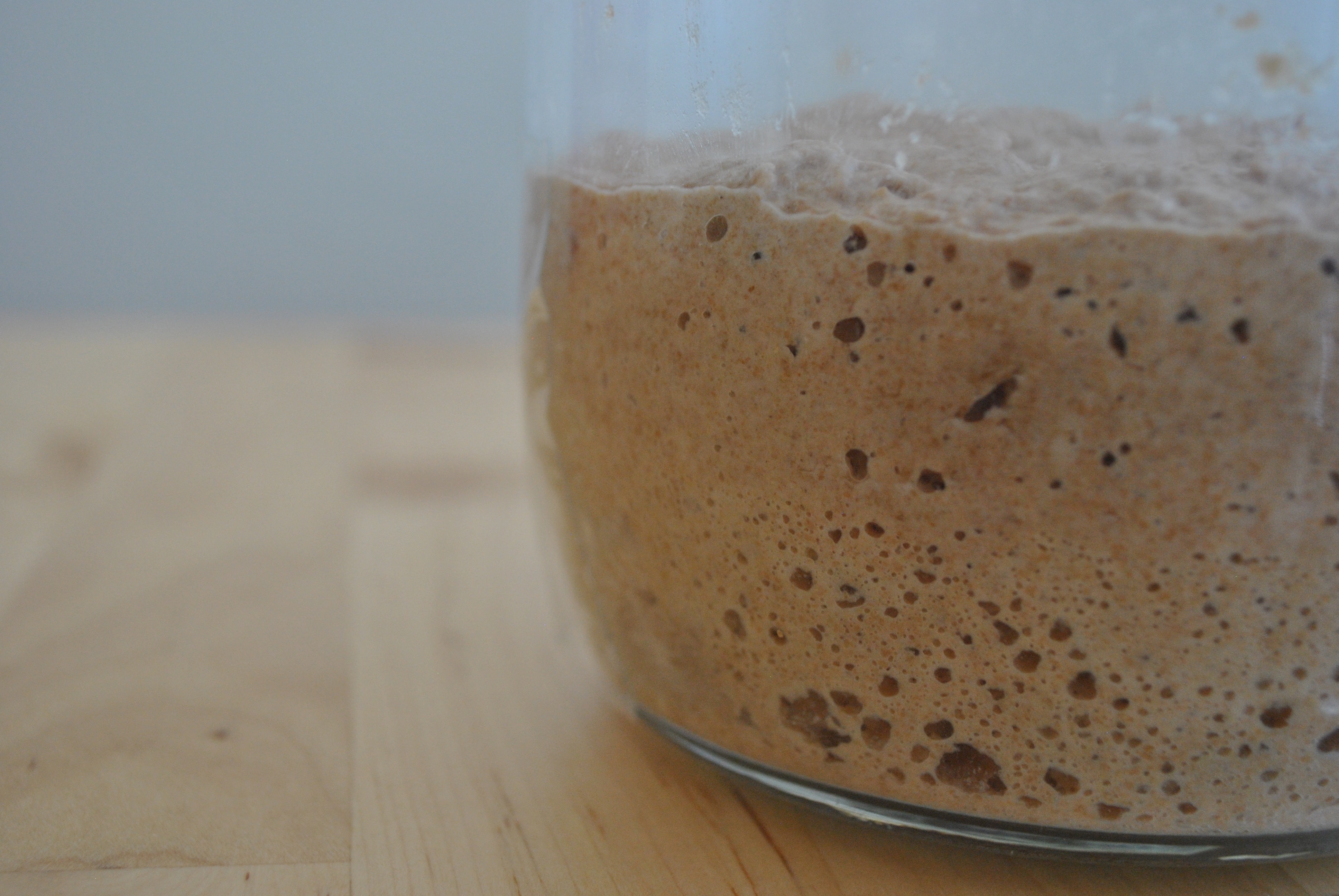 Climate Change
Climate Change
In discussions around Climate Change, we often focus on industrial emissions, driving cars, and powering our homes. Another significant contributor to greenhouse gas (GHG) production is our agricultural system and food consumption habits. According to research published in the journal Science in 2018, “Today’s food supply chain creates ~13.7 billion metric tons of carbon dioxide equivalents (CO2eq), 26% of anthropogenic GHG emissions. A further 2.8 billion metric tons of CO2eq (5%) are caused by nonfood agriculture and other drivers of deforestation” As such, the way we choose to eat can have a huge impact on the development of Climate Change.
Read more “Eating our way to a greener climate”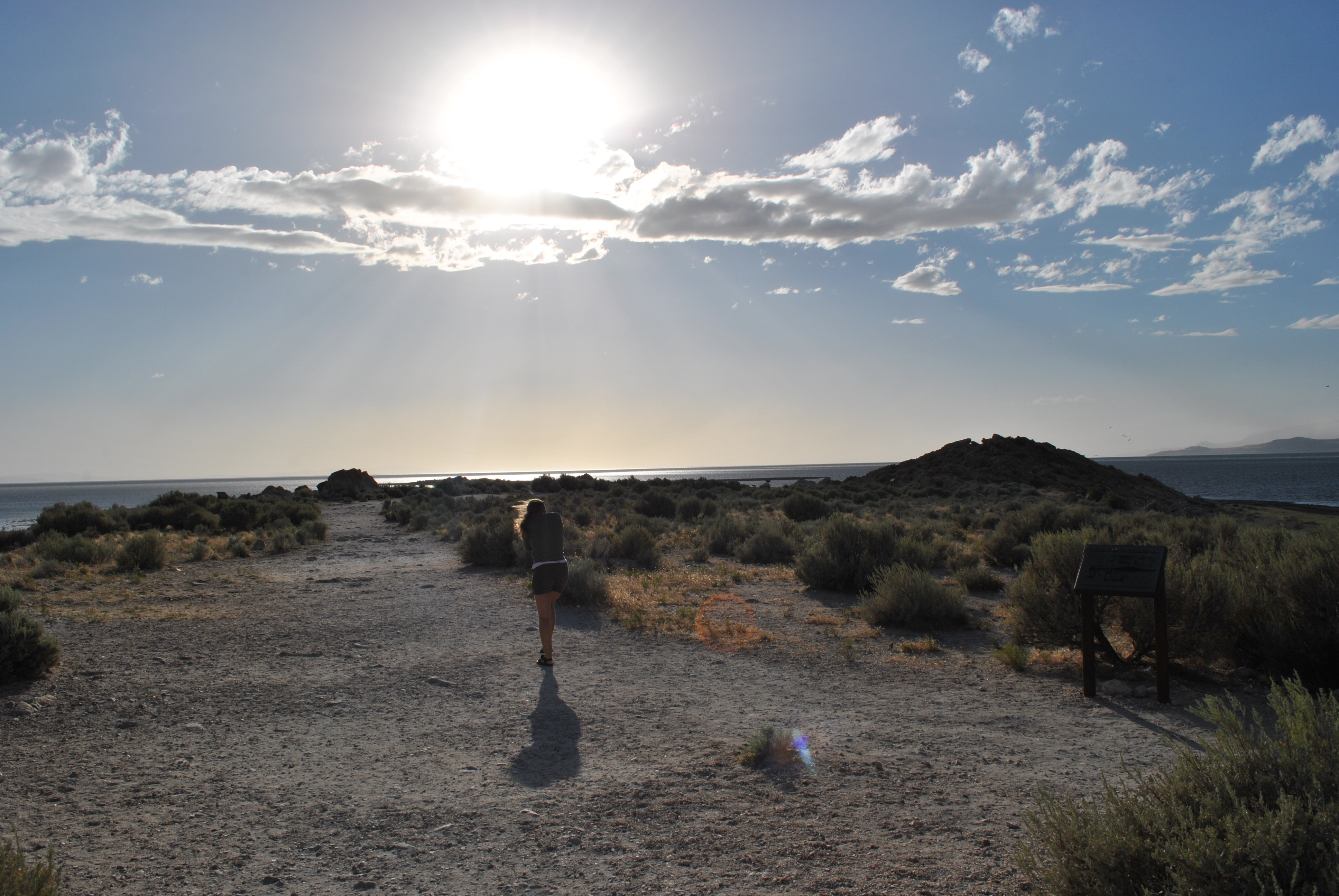 Climate Change
Climate Change
In the wake of the most recent youth climate strike, a lot of media is talking about the leadership of the next generation. Greta Thunberg told world leaders they “are failing us” at the Sept 23 UN Climate Action Summit. Certainly, children are going to be paying for the consumption habits and environmental ravaging of their parents and grandparents. The injustice of this stings for those of us preparing to move forward into a hot, diseased, and chaotic future. But in many parts of the world, it’s not just young people who are paying the debts of others.
Read more “Inequity in the path of climate change”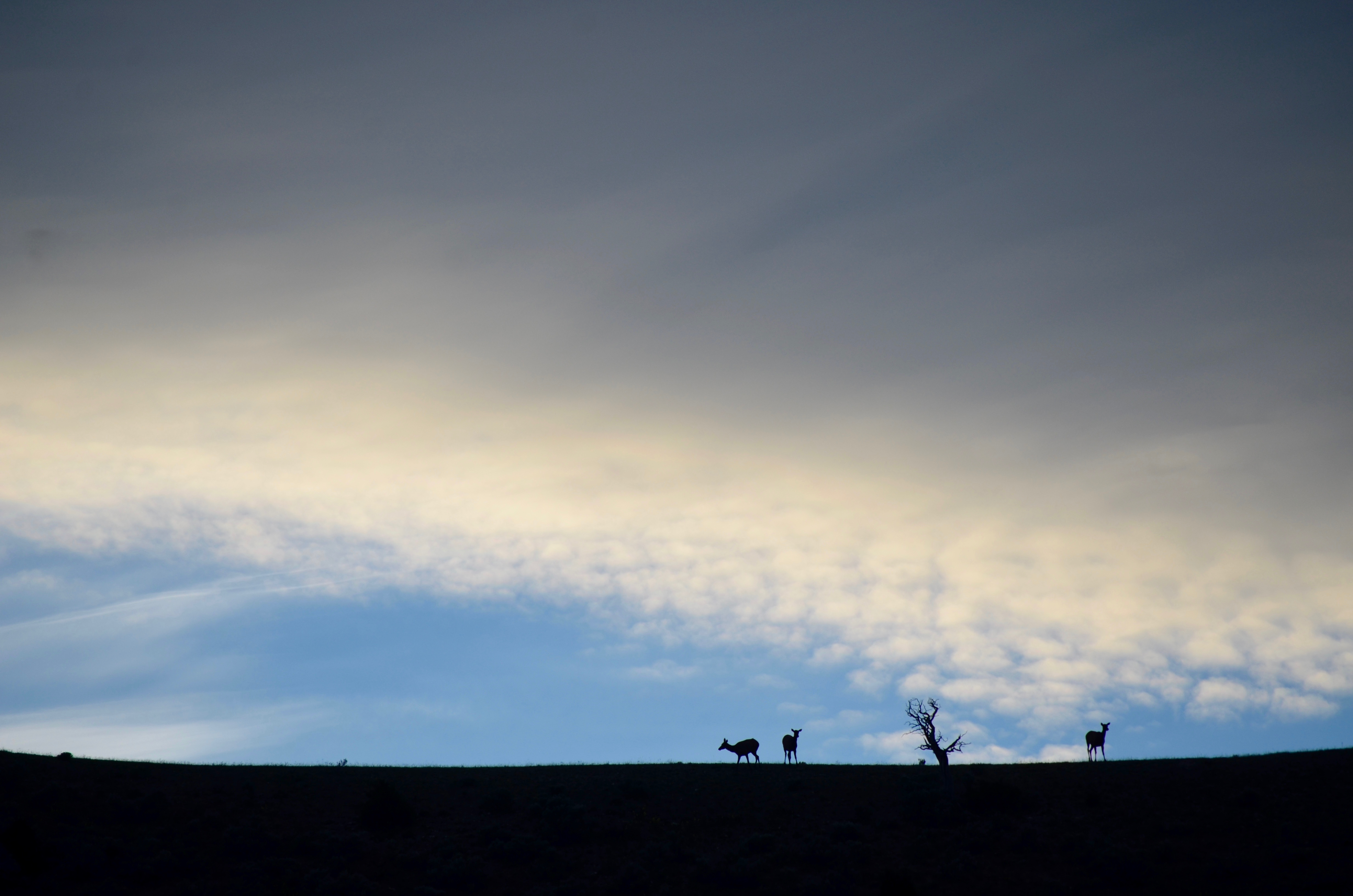 Climate Change
Climate Change
In David Wallace-Wells’ recent article for New York Magazine (here), he cannon-balls into the deep dark end of Climate Change. It quickly becomes clear that he does not think our culture is taking the dangers of Climate Change seriously and has decided to take it upon himself to scare the b’jeezus out of as many people as he can entice into the article.
Read more “How much fear do we need?” Climate Change
Climate Change
For most people who spend time thinking about Climate Change, there is no question of its reality, nor of its seriousness. However, there are interesting differences in how we respond and think about the issue depending on the surrounding culture. In the United States, where there is a significant cultural emphasis placed on individuality, personal freedoms, and relative independence from governmental intervention, we tend to focus a lot of energy on motivating action from individual citizens. This manifests as educational campaigns from local waste management about what to put in the recycling bins and encouragement for people to vote for green products and technology in their consumer habits. This focus on individual action is certainly a necessary tactic for solving the Climate Challenge, but leaves many in the U.S. frustrated with governmental stagnancy on the issue.
Read more “Cultures of Climate Change”